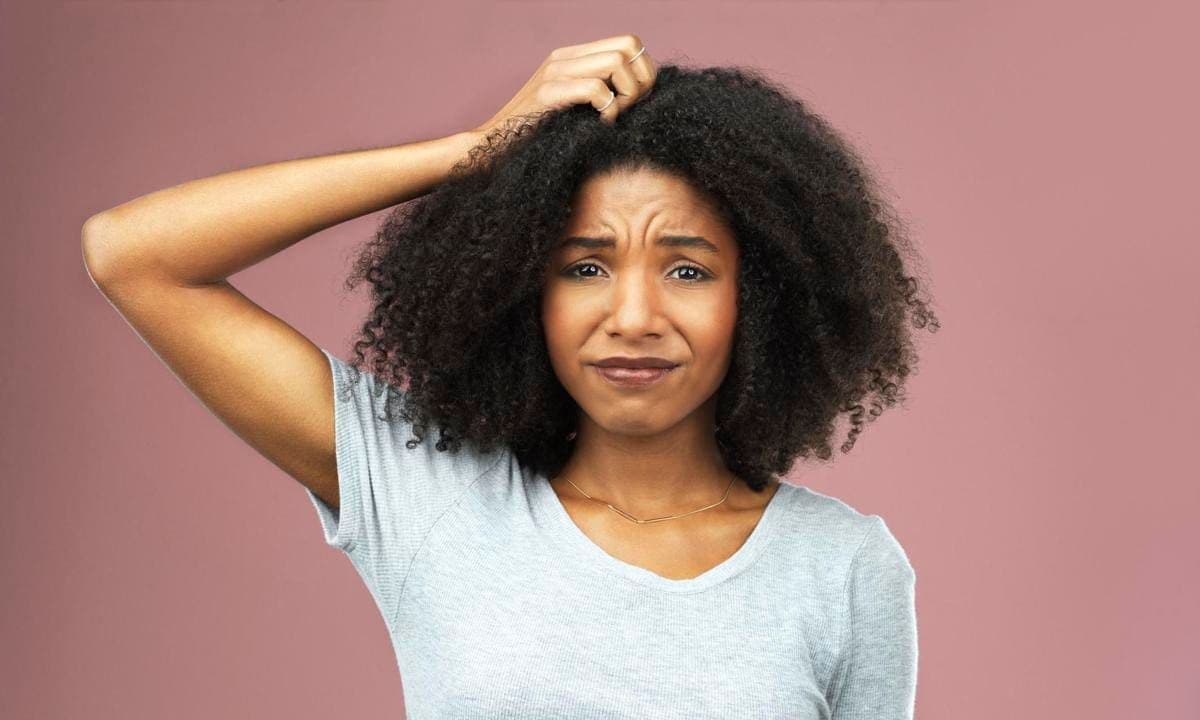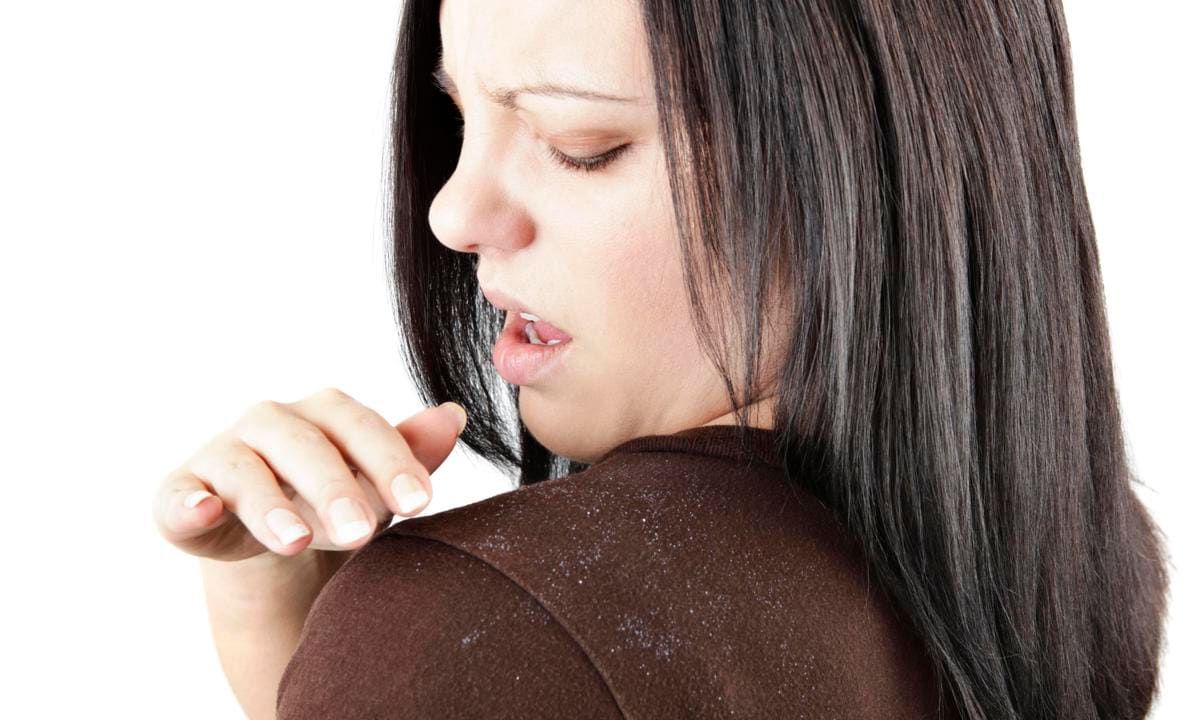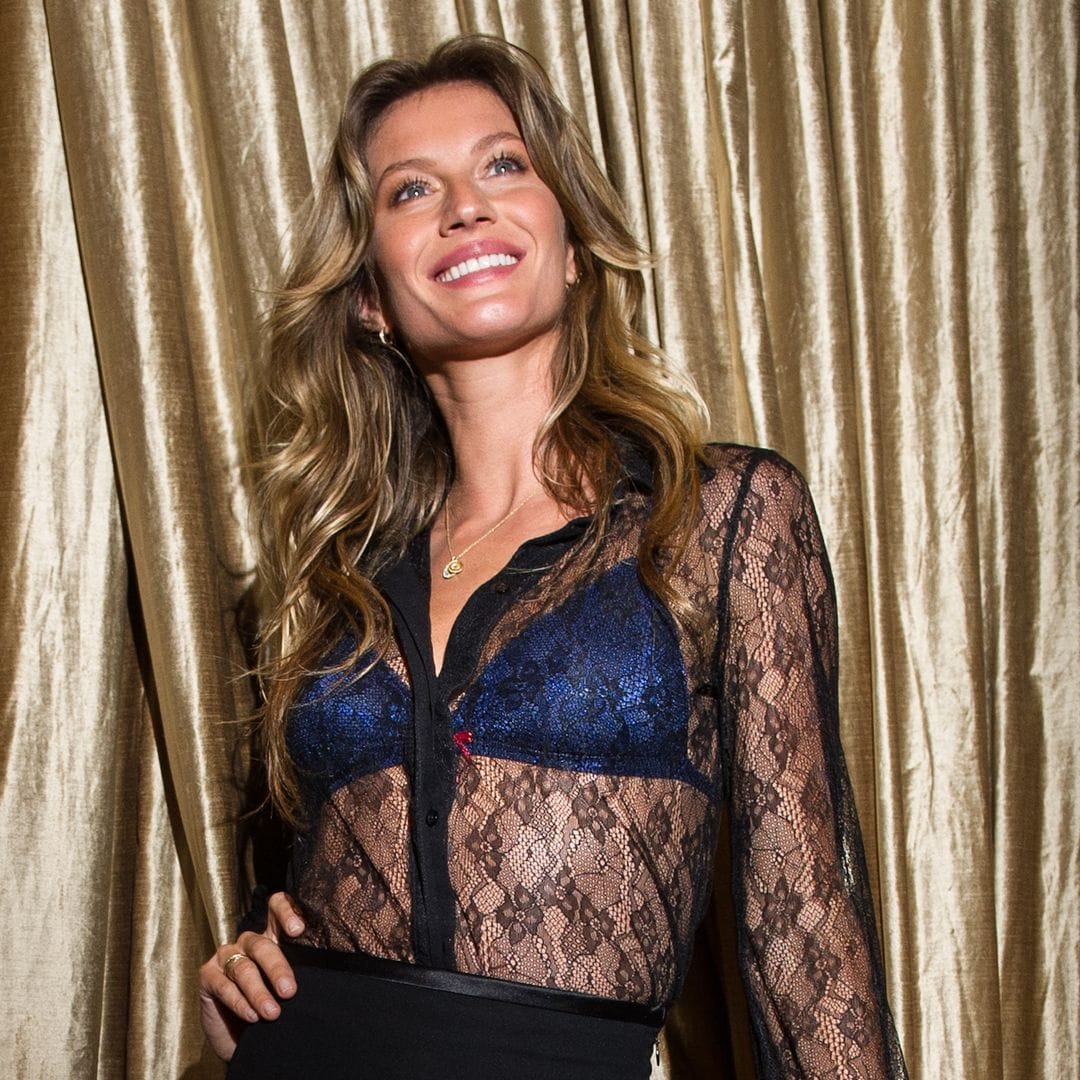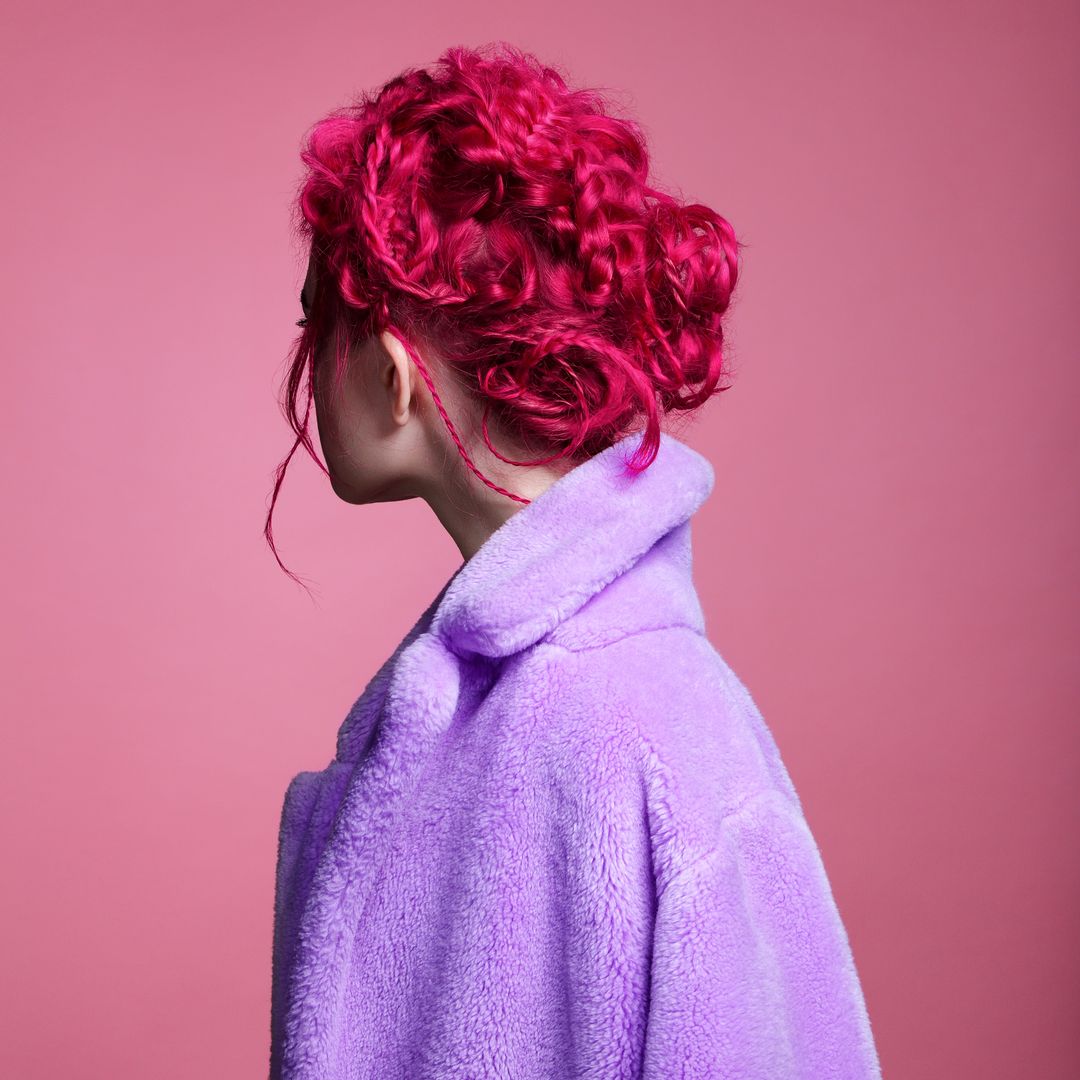Dandruff flare-ups are often caused by stress or extreme weather conditions, so shampooing smarter and not more often is the key.
At least once in our lifetime, we have experienced scalp conditions like dandruff, greasiness, or itchiness. Despite many beliefs, it happens to any person with any type of hair; therefore, Dove’s partner and Dermatologist, Dr. Annie Gonzalez, has shared with HOLA! USA her expert advice on how to properly care for your scalp.
Dr. Annie Gonzalez for Dove on At Home Scalp Care Remedies
- If you suffer from seborrheic dermatitis, also known as dandruff, you may benefit from washing your hair with shampoos that contain ingredients like pyrithione zinc, which is found in the Dove DermaCare Scalp Series, at least twice weekly.
- To control dandruff, you should rotate shampoos that contain anti-dandruff ingredients, including pyrithione zinc, ketoconazole, tar, selenium sulfide, and salicylic acid.
- Dandruff is a scalp condition with no permanent cure and episodic flares triggered by stress, weather, and hormonal changes. The treatment objective with anti-dandruff shampoos like Dove DermaCare Scalp is to help you control the condition and reduce the severity and frequency of these flares.
- It is recommended that you use anti-dandruff shampoos like those from Dove DermaCare Scalp Series 3-4 times weekly during flares, and you may reduce their use to 2-3 per week as your dandruff gets better.
- If you have dandruff, not washing your hair enough can make your condition worse because of dead skin and sebum buildup, and overgrowth of a yeast called Malassezia.
- Smarter shampooing is what I tell my patients to do, especially when treating their scalp dandruff. This means rubbing the shampoo onto the scalp and leaving it for about 5 minutes before rinsing it.
- If you suffer from seborrheic dermatitis (dandruff), avoid applying oils directly into the scalp/roots, as this can worsen your condition. Proper cleansing is the key to controlling this common condition.
- Having dandruff doesn’t mean you’re not clean and is undoubtedly not contagious; therefore, you cannot pass it on to someone else.
- Limited research supports using natural dandruff treatments like aloe and tea tree oil. Still, there is no proof that they work consistently as other anti-dandruff ingredients like pyrithione zinc, salicylic acid, and ketoconazole.
,type=downsize)






